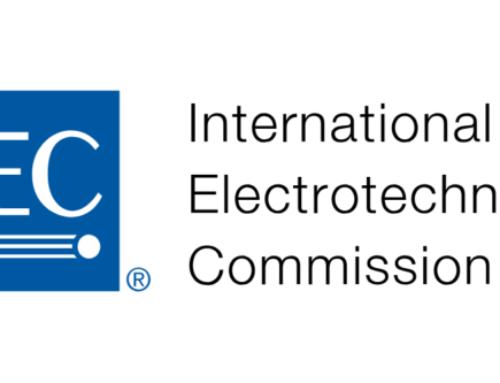On 13 March 2024, the State Council issued the “Action Plan for Promoting Large-scale Equipment Renewal and Consumer Goods Trade-In.” The purpose of this document is to promote the production and application of advanced equipment, increase the proportion of advanced production capacity, introduce high-quality and durable consumer goods into people’s lives, facilitate the recycling of resources, and improve the quality and level of economic circulation.
The document proposes measures for promoting the renewal of equipment in various fields, including industry, construction and municipal infrastructure, transportation equipment and agricultural machinery, as well as education, culture, tourism, and medical fields. In addition, it suggests launching trade-in programs for consumer products in sectors such as automobiles, household appliances, and home decoration. Furthermore, the document emphasizes strengthening resource recycling by improving waste product recovery networks, supporting the circulation and trading of second-hand goods, promoting remanufacturing and graded utilization, and enhancing high-level recycling of resources.
Standards are regarded as important means to guide equipment renewal, and the document proposes the implementation of a “standard enhancement action,” including:
- Accelerating the improvement of energy consumption, emission, and technical standards. (China should)revise and update national standards for energy consumption limits and equipment efficiency in key energy-consuming products based on international advanced levels, and enhancing energy-saving indicators and market access thresholds. (China should also) upgrade standards related to energy consumption for passenger cars and heavy-duty commercial vehicles, improve emission standards in key industries to optimize air and water pollutant emission control. Moreover, (China should) revise and improve the evaluation system for clean production and carbon emission accounting standards for key industry enterprises, and improve the standards related to the upgrading and retirement of wind power generators and photovoltaic equipment and products.
- Strengthening the enhancement of product technical standards.Focusing on bulk consumer products such as automobiles, household appliances, home furnishings, consumer electronics, and civil drones, (China should) accelerate the upgrading of safety, health, performance, environmental protection, and testing standards. (China should also) improve the quality and safety standards systems for household appliances, promoting the use of household appliance safety usage years and energy-saving knowledge. Furthermore, (China should) upgrade consumer product quality standards, formulating the catalog for the quality and safety supervision of consumer products, and strictly enforcing their quality and safety supervision. In addition, (China should) improve carbon labeling and other standard systems to fully leverage the role of standards in guiding (green transition), green certification, and other high-end certifications.
- Strengthening the supply of standards for resource recycling. (China should)improve green design standards for materials and components that are easy to recycle, disassemble, and remanufacture; revise standards for recycling of waste electrical and electronic products; introduce national standards for information erasure methods in the second-hand trading of electronic products such as mobile phones and tablets; guide second-hand electronic product dealers to establish information security management systems and information technology service management systems; and research and formulate standards for the usability grading of second-hand electronic products.
- Strengthening the connection between domestic and international standards in key areas. (China should)establish and improve mechanisms for tracking the consistency of and transforming international standards; conduct comparative analysis between Chinese standards and relevant international standards; transform a batch of advanced and applicable international standards, continuously improving the conversion rate of international standards. (China should also) support domestic institutions to actively participate in the development and revision of international standards, and support key industry standards such as new energy vehicles to go global. In addition, (China should) enhance the connection between domestic and international quality standards, inspection and quarantine, certification, and accreditation systems.
Against the backdrop of sluggish economic growth, the introduction of this policy clearly aims to stimulate a new wave of investment and consumption by promoting equipment upgrades and trade-ins. Although the document proposes a large number of standardization tasks, intending to provide support for equipment and product upgrades by developing new, higher technical standards, the completion of these standards will take time, and whether they can truly lead this process remains to be seen.
Furthermore, the mention of “accelerating the upgrading of consumer product quality standards, formulating the catalog for quality and safety supervision of consumer products, and strictly enforcing quality and safety supervision” in the document is worth noting for overseas companies. Quality standards are often recommended standards, and the implementation of “quality and safety supervision” may enforce these recommended standards, potentially creating technical trade barriers.




